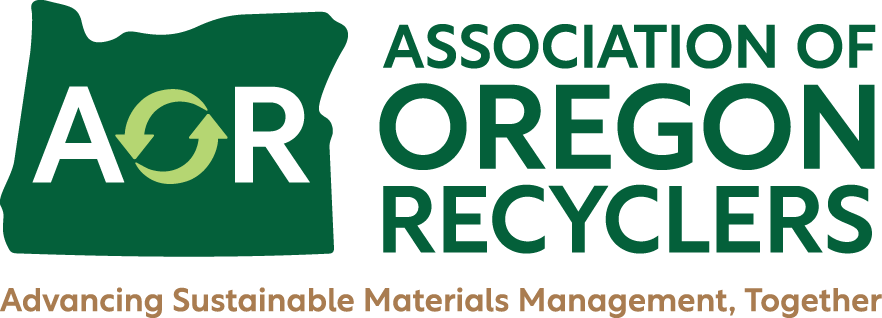Covid-19
CDC releases fact sheet to help waste, recycling workers
At the request of the National Waste & Recycling Association (NWRA), Arlington, Virginia, the U.S.
EPA Stresses the Importance of Recycling and Proper Disposal of Personal Protective Equipment
EPA is encouraging all Americans to recycle materials from their households and properly dispose of personal protective equipment (PPE), especially during the Coronavirus public health emergency. Recycling isn’t just good for the planet by reducing the amount of waste going to landfills and saving energy, it also supports American manufacturing.
NWRA urges Congress to prioritize waste and recycling industries in COVID-19 relief package
In a letter sent to congressional leaders May 5, the National Waste & Recycling Association (NWRA) calls upon legislators to prioritize critical infrastructure industries, including waste and recycling, in the next COVID-19 relief package that Congress will take up soon. The Department of Homeland Security’s Cybersecurity and Infrastructure Security Agency (CISA) designated the waste collection industry as essential in March.
As Recycling Dwindles, Supply Chains Are Buckling
When stay-at-home orders shuttered offices across the U.S. last month, one industry was especially hard hit: toilet-paper makers. Just as consumer demand for their product surged during the lockdown, they lost access to the cheap recycled office paper that’s typically used to make toilet rolls. That induced some of the world's biggest makers to switch to pulp sourced directly from trees, adding significant costs and harming the environment.
A scuba diving group is making face masks out of recycled ocean plastic
In a win-win for sea animals and humans, a scuba diving group is turning plastic water bottles that once polluted oceans into face masks for people to protect themselves against the coronavirus.
The face masks are made by the Professional Association of Diving Instructors (PADI), in partnership with Rash'R, a company that sells eco-friendly active wear. Each reusable mask costs $20.40 and comes with five replacement filters. The price reflects the cost it takes to make each mask, PADI says on its website.
Pandemic, Plastics And The Continuing Quest For Sustainability
The COVID-19 pandemic has upended the global economy and disrupted the waste, plastic, and recycling industries. While waste management, plastics production, and recycling sectors at first glance appear only tangentially linked to essential services, they are intimately connected to a thriving economy and critical public health roles. The uncertainties associated with the COVID-19 pandemic have caused significant limitations on recycling and municipal waste services in the U.S. and beyond.
Organics recycler talks hardships during COVID-19 pandemic
Organics recyclers are facing tense times as measures to contain the spread of COVID-19 begin to impact community composting efforts. With many of these small-scale companies depending on universities and restaurants for a majority of their collection volumes, mass closings across the U.S. have left collection services in a tight spot.
COVID-19 damages supply chain for deposit materials
Stay-at-home orders are hitting container deposit systems hard, leading to significant declines in the volumes of high-quality recyclables moving to material processors.
Eight out of the 10 states with container redemption systems have enacted temporary measures limiting deposit returns in some way. The fallout for recycled material processors has been expansive.
With less material coming in, companies are shouldering higher costs as they scramble to supply their customers and adapt to the fast-changing landscape. In other cases, they’re curtailing operations temporarily.
The Bright Side: Repurposing Unused Graduation Gowns for Hospital Workers
As the Covid-19 pandemic began to spread nationwide, Than Moore, a physician’s assistant at UVM Medical Center, began to notice two problems that he suspected might have one solution.
Moore thought that the thousands of canceled graduation ceremonies offered an opportunity: Why not repurpose gowns as part of the protective gear needed for health care workers who are struggling to find enough supplies during the pandemic? To answer that question, he launched a website to help grads and healthcare workers make the connection.
Coronavirus Impacts on the Recycling Industry
Resource Recycling is keeping track of how the novel coronavirus is affecting the business of materials recovery and processing.
HERE you’ll find all of their in-depth reporting and analysis on the topic, plus a growing list of resources for programs and businesses impacted by the pandemic.


